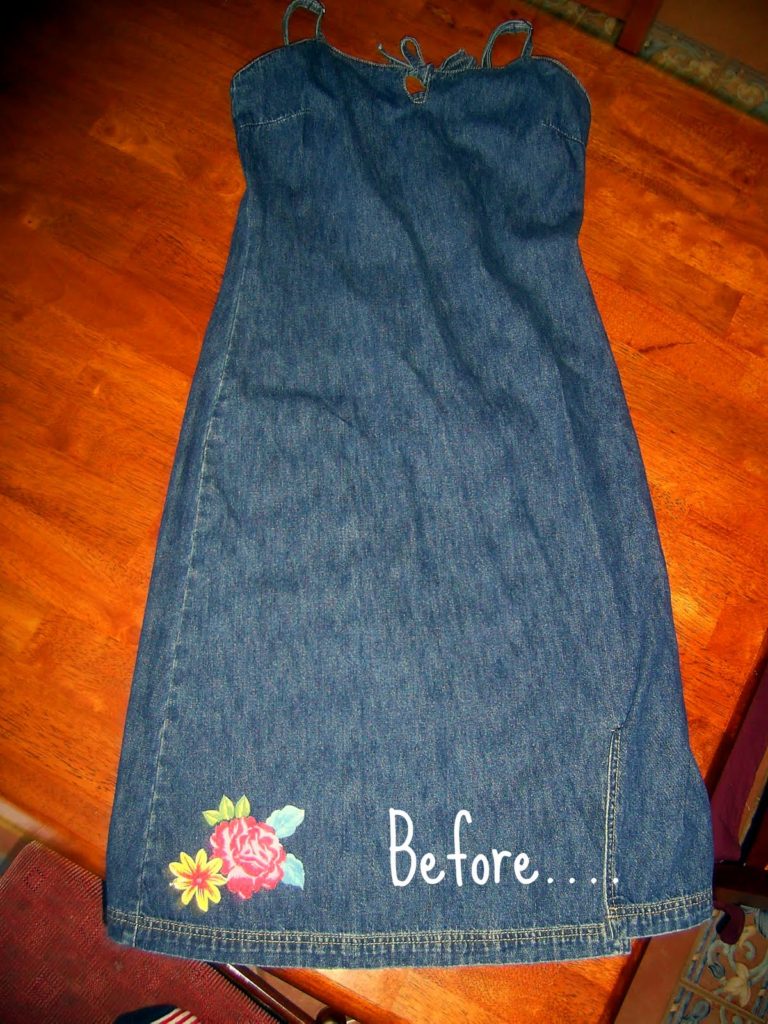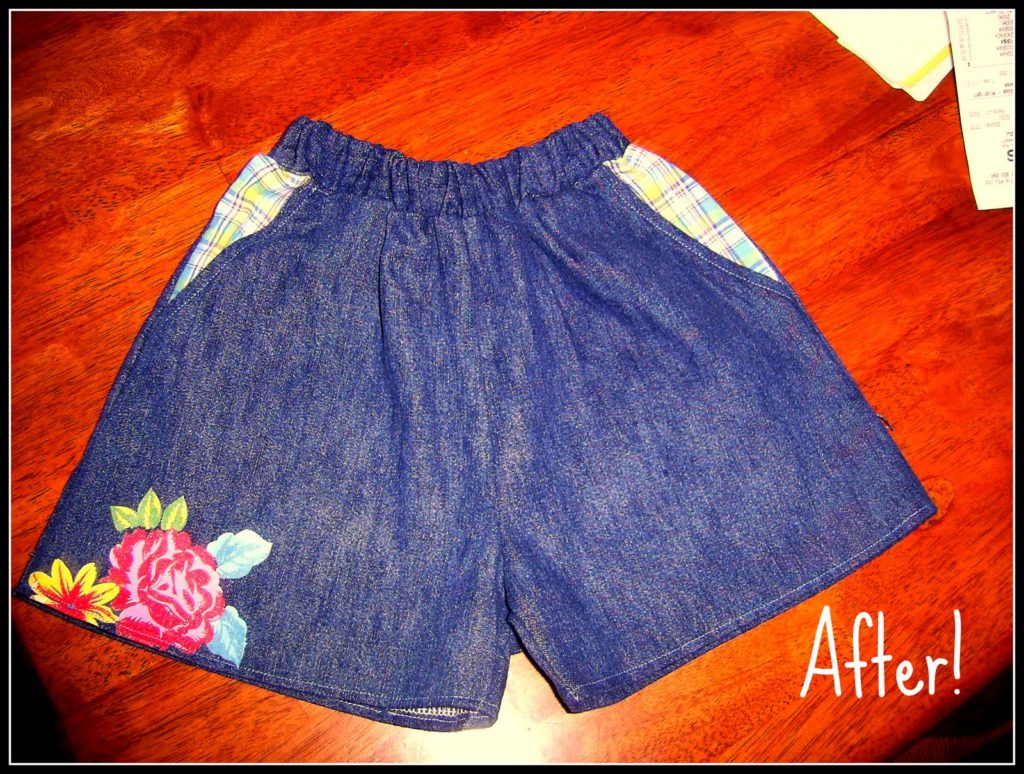 Another recycling project for me. This rather unattractive girl’s denim dress into……
Another recycling project for me. This rather unattractive girl’s denim dress into……
frugal living
Family Finance 3. Credit Cards
I’ve never owned a credit card. The only time I would like to use one is to simplify online purchases, but there are ways around that. I do not know anyone who does not have at least one credit card, and I do not know anyone who does not have credit card debt. Here is a very simple way to save money. Cut up your credit card/s.
Interest rates for mortgage loans may be falling to an all time low, but credit interest rates don’t change. How do you think the banks make all their money?
If you don’t want to give up the luxury/ headache of a credit card, focus on paying it off. Make more than the minimum repayments. Once you have paid it off ensure that it stays paid off.
Perhaps I sound a bit harsh in this post, but I really think it is up to the individual to be responsible with money. Part of that is not spending more than you earn and not spending money you don’t have (credit). Think about how much more that purchase is going to cost by the time you pay it off on your card. Is it worth it? Could you wait a bit longer and save the money, hence paying no interest?
I know that if I did get a credit card I would be constantly tempted to use it – its a temptation I don’t need.

